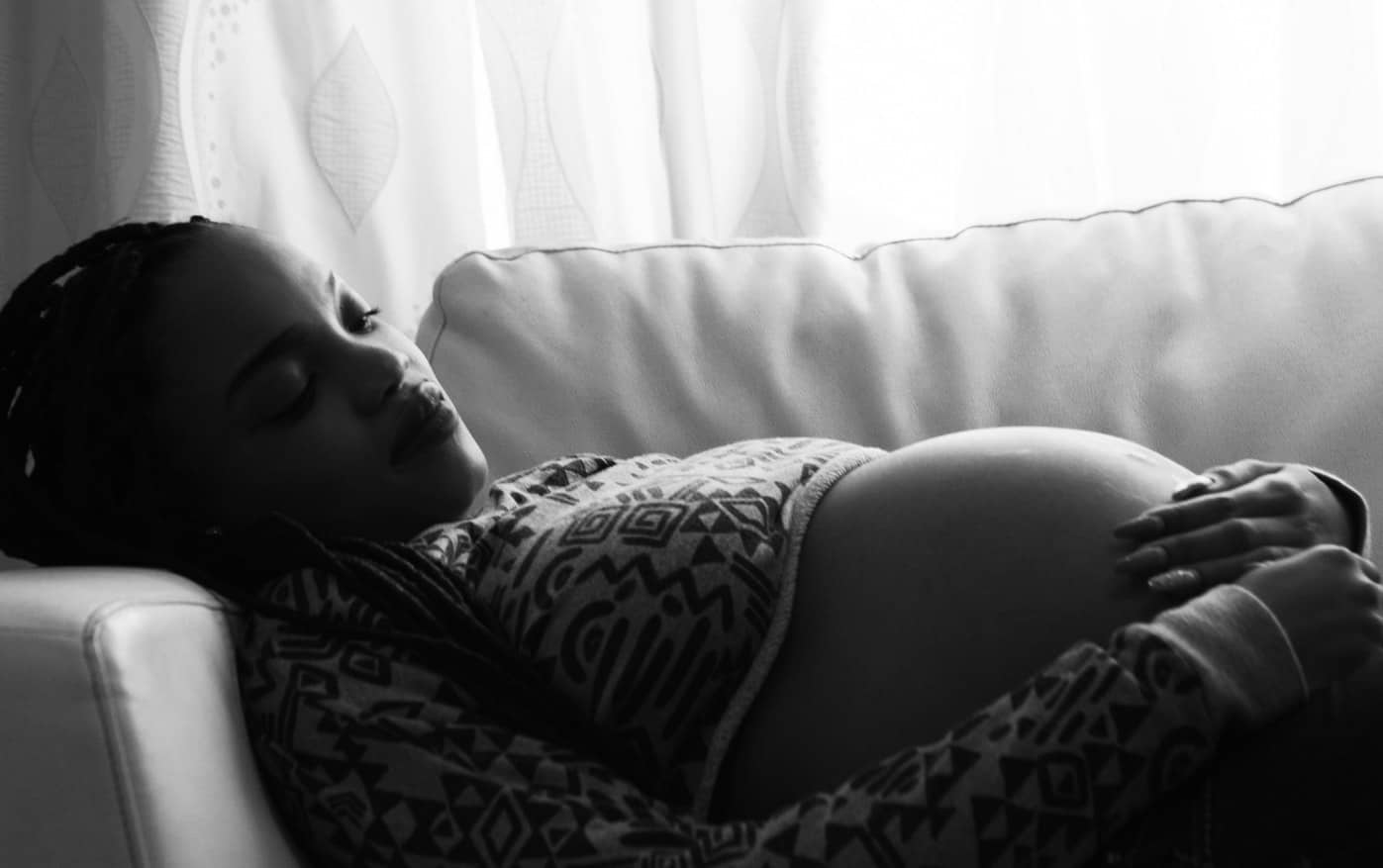North Carolina state representatives have approved a bill that would make it easier for courts to keep families permanently separated on the grounds of a pregnant person’s drug use. The legislation will be reviewed by other General Assembly members in the spring—and advocates fear that if the bill becomes law, it will result in a disaster for public health in general and families of color in particular.
Filed in April 2019, HB918 seeks to enable and maintain the separation of pregnant parents and mothers who use drugs from their children. Passing the North Carolina House of Representatives with almost-exclusive Republican support, the bill is poised to be considered by the state Senate a year after its initial introduction.
HB918 proposes multiple changes to the law around child removal in the state. For one, it adds parental drug use to the basic definition of child neglect. Beyond semantics, the bill tweaks the process. Hearings that review the permanent placement of a juvenile will be required within nine months, instead of the previous requirement of 12 months. It will also no longer require social services to consider “reasonable efforts for reunification” if a juvenile experienced “exposure to unlawful controlled substances in utero or controlled substances used in violation of the law in utero.”
The bill also enables people to adopt separated youth even if they are unrelated. And the lawmakers who support it conflate drug use with drug addiction.
“Children are constantly going home with addicted mothers, and then going back in the system, and then going back home, and then going back in the system. Bouncing back and forth,” state Senator Joyce Krawiec told Carolina Journal. “And that’s what we want to stop.”
Advocates from NC Survivors Union (NCSU), a drug user union located in Greensboro, North Carolina, are urging state Senators to oppose the bill. “There is no medical, public health, or sound public policy reasons for this, as drug use alone cannot demonstrate parental fitness,” the group wrote in an open letter. “Such laws do not protect maternal or fetal health, as they deter people from seeking healthcare, and they could have a devastating impact on people of color”
“It can be difficult for anyone to access quality substance use treatment, but more so for pregnant folks because not all substance use programs will accept pregnant folks, provide prenatal care, or provide housing or caretaking arrangements for a parent’s older children,” Aly Peeler, NCSU’s advocacy coordinator, told Filter. “Doctors may tell pregnant people to immediately detox, despite the risk of fatality for parent and child, and may refuse to provide prenatal care if they do not, despite the fact that access to prenatal care is a more important determinant of infant health than exposure to substances.”
In Central Appalachia, where NCSU works, pregnant people have reportedly avoided seeking critical birth care due to their fears of stigmatization and indeed criminalization by social service providers. One study by a University of North Carolina researcher found that “many participants [in a comprehensive perinatal substance use treatment program] described specific fears of social services scrutiny and involvement after delivery” as a deterrent to accessing care.
“Because policy often only requires doctors to screen parents or infants for drugs if they suspect drug use, it won’t be enforced evenly,” said Peeler. Parents of color, and Black mothers in particular, are already disproportionately targeted for custody removals compared with their white counterparts. In 2015, 23 percent of North Carolina children were Black, yet they comprised one-third of the foster care population. Peeler believes that “it’s fair to expect” what’s been shown by research to have happened in the past to continue or worsen: “Doctors are more likely to suspect poor folks and people of color of using drugs, more likely to screen them for drugs, and more likely to report those findings to child protective services or the police.”
Given that the drug war has openly been recognized by its architects as tasked with criminalizing Black people, it should be no surprise to the state Senators that advocates warn that the bill will likely further intensify the state’s disparities.
Photograph of a Black pregnant person by Dexter Chatuluka via Unsplash





Show Comments